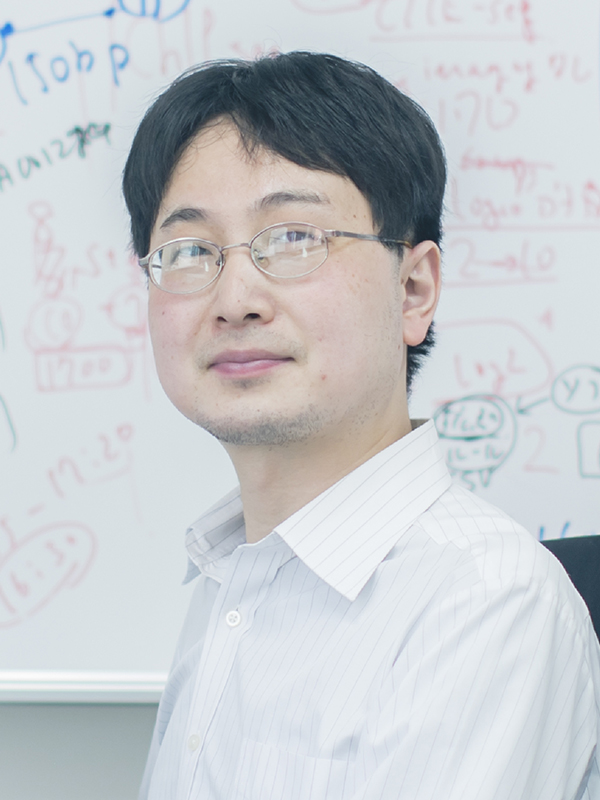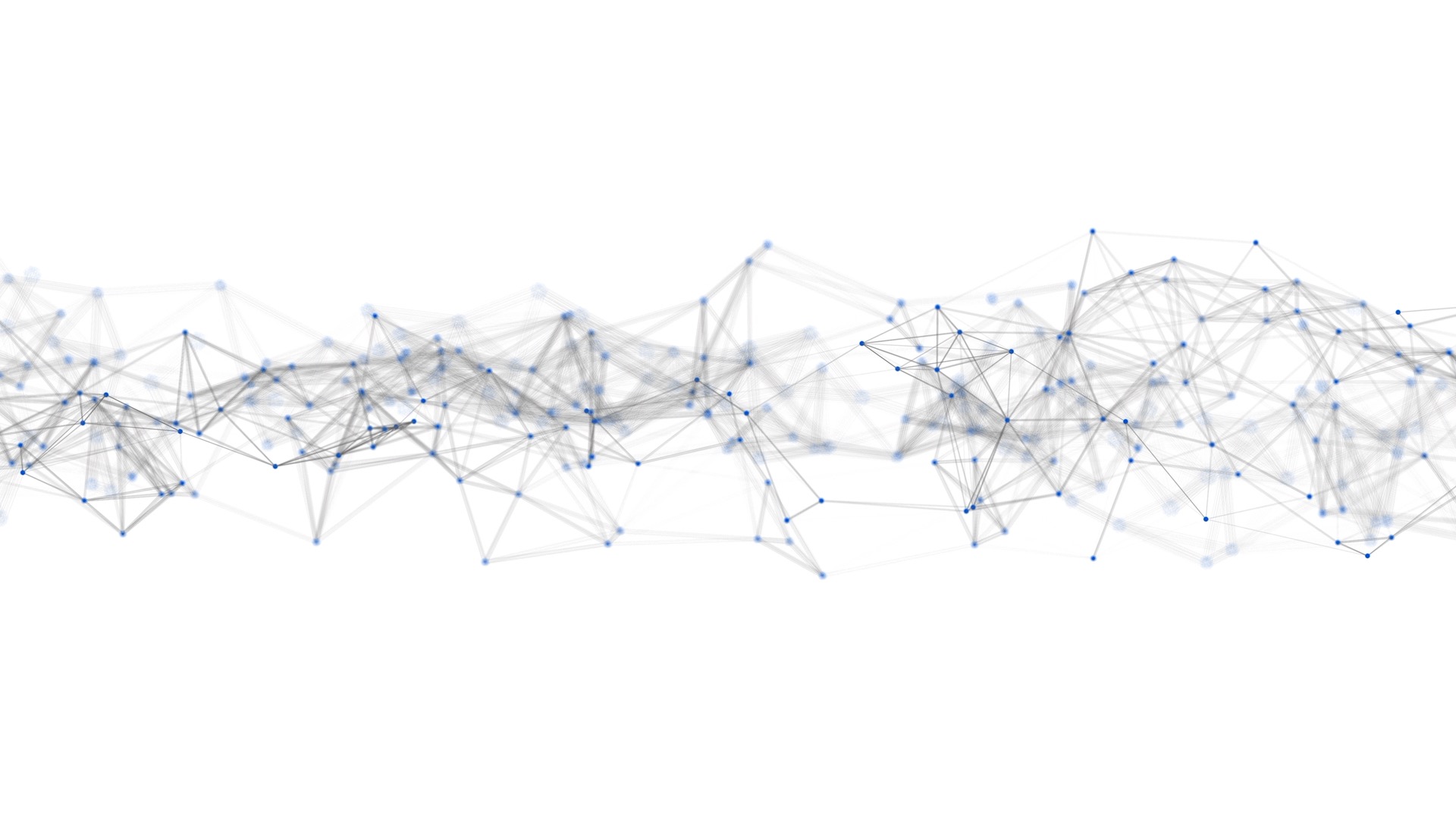
Yasuhiro Murakawa
| Position | Professor |
|---|---|
| Group name | Murakawa Group |
| Research Field | Human Genomics, Medical Science, Systems Biology |
| Awards | Kyoto University President’s Award (2008) |
| Joined | Sep. 1, 2020 |
Research Overview
Study of the human genome to elucidate human diseases and their medical applications
“What is encoded in the human genome” remains largely unknown. We combine classical biochemistry, molecular biology, systems biology, informatics, primatology and medicine to study the human genome that makes us human. To elucidate the operating principles of the genome, we investigate how many RNA molecules are read out from which genomic regions by which stimuli and transcription factors, how they are post-transcriptionally regulated (splicing, stability control, translation, etc.), and ultimately what functions they exert in each cell that makes up the human body. These processes need to be observed in detail, and the huge amount of data obtained needs to be analyzed in an integrated manner. To this end, our lab members from various backgrounds have come together and used cutting-edge technologies such as the NET-CAGE, single cell technologies, short- and long-read sequencing, artificial intelligence and imaging. By developing our own original genomic technologies that can solve paradigms that cannot be otherwise solved, we establish new scientific concepts and new innovative future medicine.
In particular, we are working on the following topics.
- Human genome
- Enhancers
- Gene regulatory network
- High-throughput sequencing technologies and bioinformatics analysis
- New technologies to decode non-coding regions of the human genome
- Genome evolution in humans, apes and other primates
- Human disease genomics
- New genomic medicine and drug discovery
- Next-generation healthcare and preventive medicine
Biography
He graduated from Kyoto University School of Medicine (2008). After completing his residency at Kyoto University Hospital, he moved to the Max Delbrück Center for Molecular Medicine in Berlin, Germany. He obtained his PhD from Free University of Berlin (2014). He has been leading a laboratory at RIKEN since 2016 (Unit Leader at RIKEN Innovation Center since 2016, Team Leader at RIKEN Center for Integrative Medical Sciences since 2018, Group leader at IFOM in Milan since 2018). In 2020, he became a professor at the Kyoto University Institute for Advanced Study (KUIAS).
Publications
Oguchi A, Suzuki A, Komatsu S, Yoshitomi H, Bhagat S, Son R, Bonnal RJP, Kojima S, Koido M, Takeuchi K, Myouzen K, Inoue G, Hirai T, Sano H, Takegami Y, Kanemaru A, Yamaguchi I, Ishikawa Y, Tanaka N, Hirabayashi S, Konishi R, Sekito S, Inoue T, Kere J, Takeda S, Takaori-Kondo A, Endo I, Kawaoka S, Kawaji H, Ishigaki K, Ueno H, Hayashizaki Y, Pagani M, Carninci P, Yanagita M; ITEC Consortium; Parrish N, Terao C, Yamamoto K, Murakawa Y. An atlas of transcribed enhancers across helper T cell diversity for decoding human diseases. Science. 385(6704):eadd8394. (2024)
Hirabayashi S., Bhagat S., Matsuki Y., Takegami Y., Uehata T., Kanemaru A., Itoh M., Shirakawa K., Takaori-Kondo A., Takeuchi O., Carninci P., Katayama S., Hayashizaki Y., Kere J., Kawaji H., Murakawa Y. NET-CAGE Characterizes Dynamics and Topology of Human Transcribed Cis-regulatory Elements. Nature Genetics, 51(9):1369-1379 (2019)
Yoshihara M., Araki A., Kasama Y., Sunayama M., Abe M., Nishida K., Kawaji H., Hayashizaki Y., Murakawa Y. Hotspots of de novo point mutations in induced pluripotent stem cells. Cell Reports, 21:308-315. (2017)
Murakawa, Y., Yoshihara, M., Kawaji H., Nishikawa M., Zayed H., Suzuki H., Fantom Consortium, Hayashizaki Y. Enhanced identification of transcriptinal enhancers provides mechanistic insights into diseases. Trends in Genetics 32:76-88. (2016)
Murakawa, Y., Hinz, M., Mothes, J., Schuetz, A., Yasuda, T., Mastrobuoni, G., Friedel, C.C., Dölken, L., Kempa, S., Schmidt-Supprian, M., Heinemann, U., Wolf, J, Scheidereit, C., Landthaler, M. RC3H1 represses the IKK/NF-κB negative feedback regulator A20 by binding to a 3’UTR composite structure-sequence element. Nature Communications, 6:7367. (2015)
Mino, T., Murakawa, Y., Fukao, A., Vandenbon, A., Wessels, H., Ori, D., Uehata, T., Tartey, S., Akira, S., Suzuki, Y., Vinueesa, GG., Ohler, U., Standley, DM., Landthaler, M., Fujiwara, T., Takeuchi, O. Regnase-1 and Roquin Regulate a Common Element in Inflammatory mRNAs by Spatiotemporally Distinct Mechanisms. Cell, 161 1058-1073. (2015)
Rybak-Wolf, A. (#), Jens, M. (#), Murakawa, Y. (#), Herzog, M., Landthaler, M., Rajewsky, N. A variety of Dicer substrates in human and C.elegans. Cell, 159 1153-1167. (2014) (#equally contributing first author)
Baltz, AG., Munschauer, M., Schwanhäusser, B., Vasile, A., Murakawa, Y., Schueler, M., Youngs, N., Penfold-Brown, D., Drew, K., Milek, M., Wyler, E., Bonneau, R., Selbach, M., Dieterich, C., Landthaler, M. The mRNA-bound proteome and its global occupancy profile on protein-coding transcripts. Molecular Cell, 46 674-690. (2012)
Murakawa, Y., Sonoda, E., Barber, L.J., Zeng, W., Yokomori, K., Kimura, H., Niimi, A., Lehmann, A., Zhao, G.Y., Hochegger, H., Boulton, SJ., Takeda, S. Inhibitors of the proteasome suppress homologous DNA recombination in mammalian cells. Cancer research, 67, 8536-8543. (2007)


